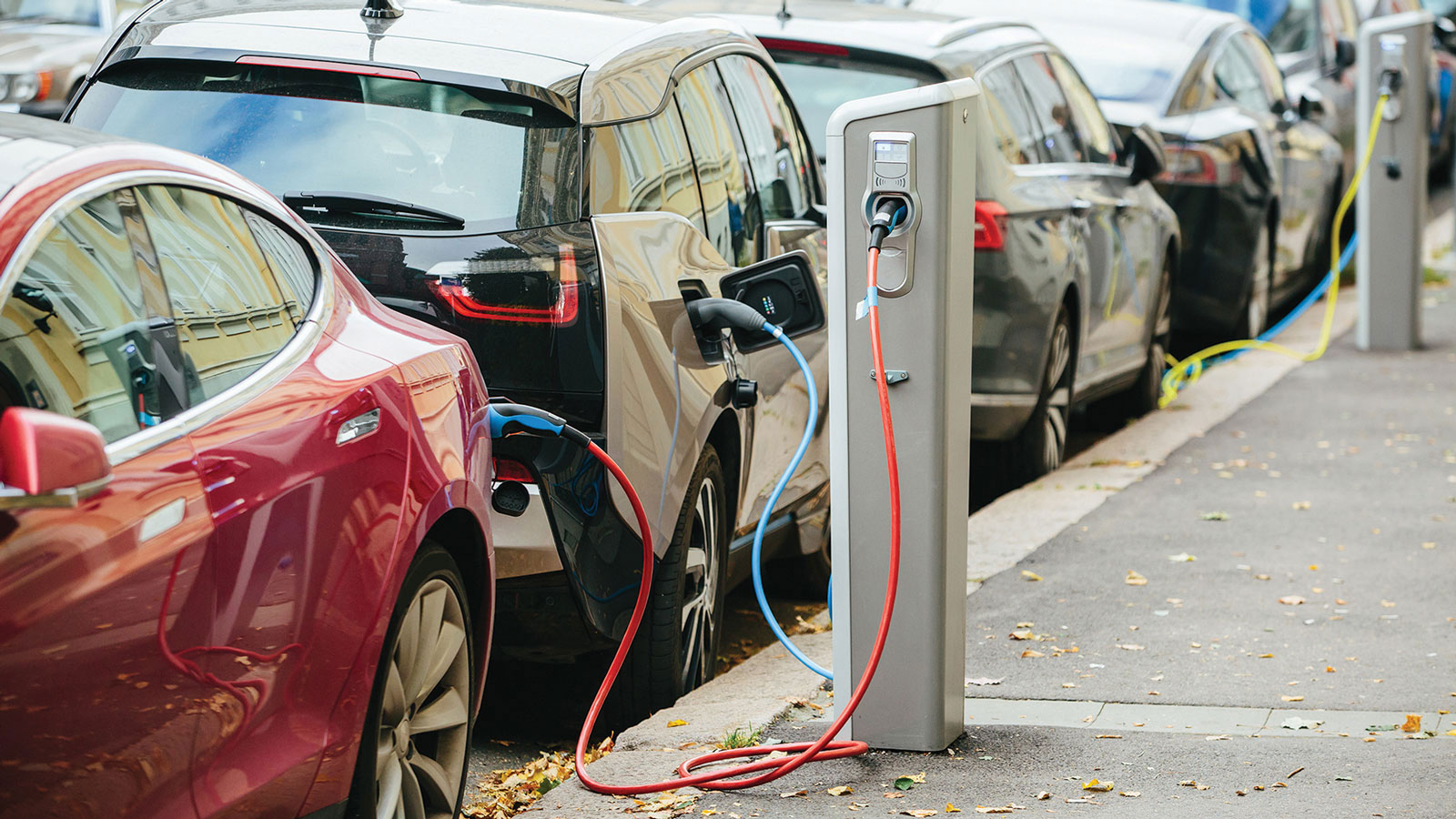Buying a Used EV? Key Tips for a Smart Purchase

by AutoExpert | 24 December, 2024
Thinking about buying a used electric vehicle (EV)? It's not just about picking a model you like; there are some pretty unique factors to consider that don't come up with gas-powered cars. Let’s unpack what you need to know to make a savvy decision.
1. Depreciation is Your Friend (Mostly): EVs can be serious bargains in the used car market. For example, Cars.com bought a Nissan Leaf for over $35,000 and sold it less than two years later for just $19,000. A Tesla Model Y purchased for about $66,000 traded in two years later fetched only $26,800. Why such steep drops? It's partly because original prices often include federal or state incentives, which can’t be applied again when reselling.

2. Battery Life: The Real Concern: While many worry about the battery completely dying, the actual concern should be the gradual loss of battery capacity over time. Unlike your phone battery that might suddenly refuse to hold a charge, EV batteries fade slowly. They can lose around 10-20% of their capacity over a decade. You'll want to think about whether an older EV will meet your daily range needs, especially in cold weather which can cut range by up to 40%.
3. The Desert Conundrum: Traditionally, a car from a dry desert climate was a good bet because you'd face less rust. But for EVs, it’s a bit different. Intense heat can speed up battery degradation more than the milder climates. So, a desert car might not be as great a catch as it once was.

4. Battery Health Checks: Before buying a used EV, getting a detailed battery health report can be a game-changer. Companies like Recurrent offer these for free and can tell you a lot about the battery's condition based on the car's history and usage.
5. Still Get an Inspection: Just because it’s an EV doesn’t mean you should skip the mechanic check. Get a qualified mechanic, preferably one who knows EVs, to inspect the car. This can help uncover any potential issues with brakes, suspension, or even the battery that might not be apparent at first glance.

6. Warranties and Extras Might Not Transfer: Warranties on EVs, especially regarding the battery and powertrain, are crucial but can vary wildly. Some may transfer to new owners, some might not. Features like free charging privileges or remote connectivity services might also not transfer, or could require a new subscription fee.
7. Resale Later On Might Sting a Bit: Just as you might benefit from depreciation now, you might also find the resale value isn’t great when it’s your turn to sell. The market’s perception of EVs, battery health, and newer models with better features can all impact what you’ll get when you sell.

Bottom line? Used EVs can offer tremendous value, but like any vehicle, they come with their quirks. A little homework on the front end (like checking battery health and understanding the warranty) can save you a lot of headaches and ensure you're really getting a good deal. So, dive in, ask the tough questions, and maybe that used EV could be the perfect match for your driveway.

















